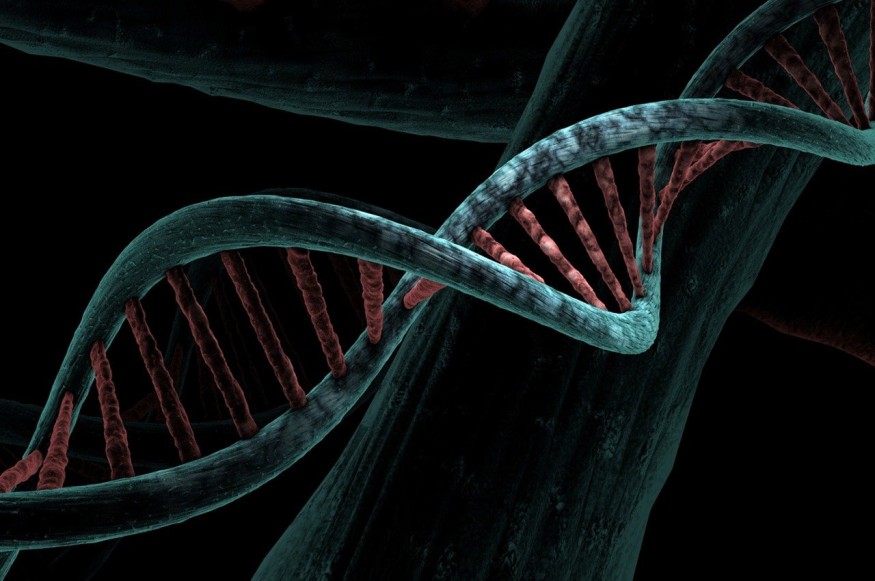
Biomarkers have significantly improved cancer management, from making a diagnosis to treatment and follow-up. Short for biological markers, biomarkers capture activity within a cell at any given moment, and they have helped improve certain cancers' survival rates while lowering treatment costs. In fact, biomarker testing done by healthcare providers is a cornerstone in the era of precision medicine and guides healthcare practices toward more targeted, effective, and patient-centric approaches.
However, with the prevalence of biomarker testing, it is essential to understand how they work and separate fact from fiction. In this article, we will debunk five myths about biomarkers to reveal their true potential and purpose so that patients, healthcare professionals, and caregivers across the EU can better understand how they are shaping the landscape of cancer treatment.
1. Biomarkers are only proteins.
Many people think that biomarkers are only protein molecules found in the blood. While many biomarkers are proteins, some molecules are non-proteins and are being used as biomarkers. Biomarkers can broadly be grouped into genes, proteins, and chemicals. Examples of these biomarkers include DNA, lipid metabolite, and peptides. Your healthcare provider would explain the type of biomarker they want to test for during clinic visitation.
2. Biomarkers are not always totally reliable.
Certain biomarker test kits are highly sensitive and specific for certain cancers. However, biomarkers are not always totally reliable. Hence, they are often used together with other investigative measures and processes to provide an accurate diagnosis. Some false positive and false negative results can arise when using biomarker testing. This can, however, be overruled with further investigations. Your healthcare provider will suggest further investigations to do in addition to biomarker testing.
3. Biomarkers are only used for the diagnosis of diseases.
If your healthcare provider suggests additional biomarker tests after the initial evaluation of your condition, stay calm. Biomarkers are not only used to make initial diagnosis of diseases. They are also used in making prognoses and monitoring and evaluating disease response to treatment plans. This means that multiple biomarker tests can be done during a disease condition. In some circumstances, if the biomarker values stay consistently low, it could mean that there is a good response to the treatment regimen. If the values remain high, there could be a need for a new treatment regimen.
4. Biomarkers have replaced other diagnostic methods.
No, biomarkers have not replaced other traditional diagnostic methods. Sometimes, biomarker testing may be the first diagnostic approach, but they have yet to replace other diagnostic procedures. MRIs and histopathology can show the extent of disease and even stage the degree and spread of cancer. This is something that no biomarker can show. Rather, biomarkers complement traditional diagnostic approaches. When multiple diagnostic methods are used, including testing for biomarkers, the rate of misdiagnosis is significantly reduced.
5. Biomarkers are only used in cancer detection.
Biomarkers play a key role in the detection of certain cancers. However, they are not only used in cancer detection. Biomarkers can be used to assay for other disease conditions such as cardiac, liver, and some brain diseases. So, if your healthcare provider suggests that you carry out some biomarker testing, it doesn't necessarily mean you have cancer.
When should you go for biomarker testing?
Generally, your healthcare provider would tell you when to go for biomarker testing. The decision depends on the symptoms you feel, the clinical scenario, and the nature of the disease being investigated.
- If cancer is suspected, you will be scheduled for biomarker testing. This is because specific biomarkers are associated with different cancers, and this helps to guide accurate diagnosis. You do not need a biomarker test if your symptoms say otherwise. Probably, what you need is a good night's rest.
- If a diagnosis has been made, you might also be asked to do biomarker testing just before treatment. Biomarkers can identify molecular features or specific genetic mutations that can determine the effectiveness of a particular modality of treatment.
- You might also need to do biomarker testing during and after treatment. This would tell if the treatment plan was effective and if a permanent cure has been achieved. A drop in the biomarker test values may suggest that the treatment is effective and should be continued and vice versa.
- Also, in the early detection of a disease condition, biomarker testing plays an important role. Certain cancers have a genetic origin. As such, biomarker testing can ascertain the risk of developing such diseases. Therefore, individuals can make informed decisions on how to take preventive measures.
The Bottom Line
One of the significant aspects of biomarker testing lies in its benefit to precision medicine. Rather than adopting a one-size-fits-all approach, biomarkers enable healthcare professionals to tailor treatments to an individual's unique genetic or molecular profile. This personalization of medicine enhances treatment efficacy, minimizes adverse effects, and optimizes therapeutic outcomes.
As research continues to unveil new biomarkers and refine existing methodologies, the impact of biomarker testing on diagnostics, treatment, and overall health outcomes is poised to grow and usher in a new era of tailored and informed medical care.
